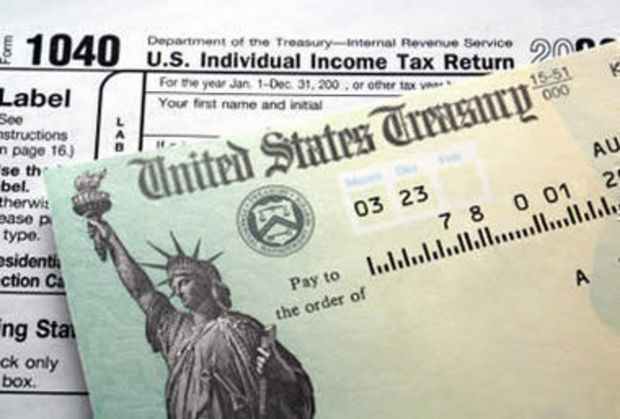Beware – Scammers Continue to Use the IRS Name
Fraud artists continue to use the name of the IRS to con un-suspectingtax payers. Thesetax scams take many different forms. In most scams, the criminals pretend to be from the IRS in phone calls and emails. They often use the IRS name, logo or a fake website to try to stealyour money. They may try to steal your identity too.
Be wary if you get an out-of-the-blue phone call or automated message from someone who claims to be from the IRS. Be wary of any incoming call from the IRS, even if your caller-ID indicates the caller is from the government. Some criminals can spoof caller ID systems.
Sometimes they say you owe money and must pay right away. Many will claim an arrest or court date is pending. Other times they say the IRS owes you a refund and ask for your bank account information over the phone. Don’t fall for it. Use the tips below to avoid becoming a scam victim.
The real IRS will NOT:
- Contact you first by phone. You will always receive a written notification first.
- Call you to demand immediate payment. The IRS will first send you a bill in the mail.
- Demand tax payment and not allow you to question or appeal the amount you owe.
- Require that you pay your taxes a certain way. For example, demand that you pay with a prepaid debit card.
- Ask for your credit or debit card numbers over the phone.
- Threaten to bring in local police or other agencies to arrest you without paying.
- Threaten you with a lawsuit.
If you don’t owe taxes or have no reason to think that you do:
- Contact the Treasury Inspector General for Tax Administration. Use TIGTA’s “IRS Impersonation Scam Reporting” web page to report the incident.
- You should also report it to the Federal Trade Commission. Use the “FTC Complaint Assistant” on FTC.gov. Please add “IRS Telephone Scam” to the comments of your report.
If you think you may owe taxes:
- Ask for a call back number and an employee badge number.
- Call the IRS at 800-829-1040. IRS employees can help you.
In most cases, an IRS phishing scam is an unsolicited, bogus email that claims to come from the IRS. They often use fake refunds, phony tax bills, or threats of an audit. Some emails link to sham websites that look real. The scammers’ goal is to lure victims to give up their personal and financial information. If they get what they’re after, they use it to steal a victim’s money and their identity.
If you get a ‘phishing’ email, the IRS offers this advice:
- Don’t reply to the message.
- Don’t give out your personal or financial information.
- Forward the email to This email address is being protected from spambots. You need JavaScript enabled to view it.. Then delete it.
- Don’t open any attachments or click on any links. They may have malicious code that will infect your computer.
Report all unsolicited email claiming to be from the IRS to This email address is being protected from spambots. You need JavaScript enabled to view it.. Recent scams have used the Electronic Federal Tax Payment System (EFTPS) to attract potential victims.
If you’ve lost money to scammers using a fake IRS identity, take the following steps:
- Report it to the Treasury Inspector General Administration (TIGTA)
- File a complaint with the Federal Trade Commission (FTC) through their Complaint Assistantto make the information available to investigators.
- Request a free credit report to insure that the scammers have not stolen your identity. You can request a free credit report once a year at the annual credit report website: https://www.annualcreditreport.com/
Each and every taxpayer has a set of fundamental rights they should be aware of when dealing with the IRS. These are your Taxpayer Bill of Rights.
Know your rights and help the IRS catch the bad guys by reporting any scam artists that approach you.



